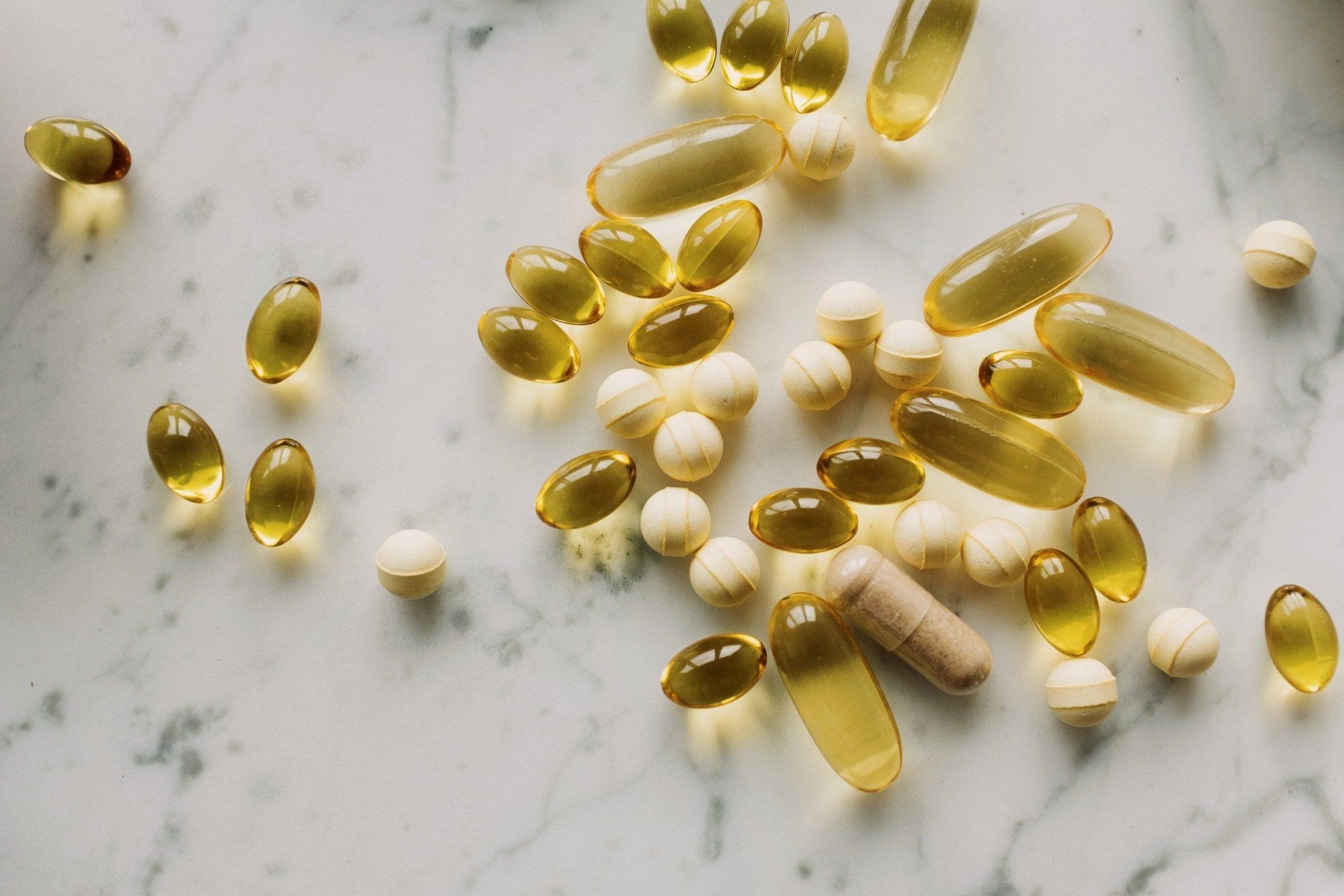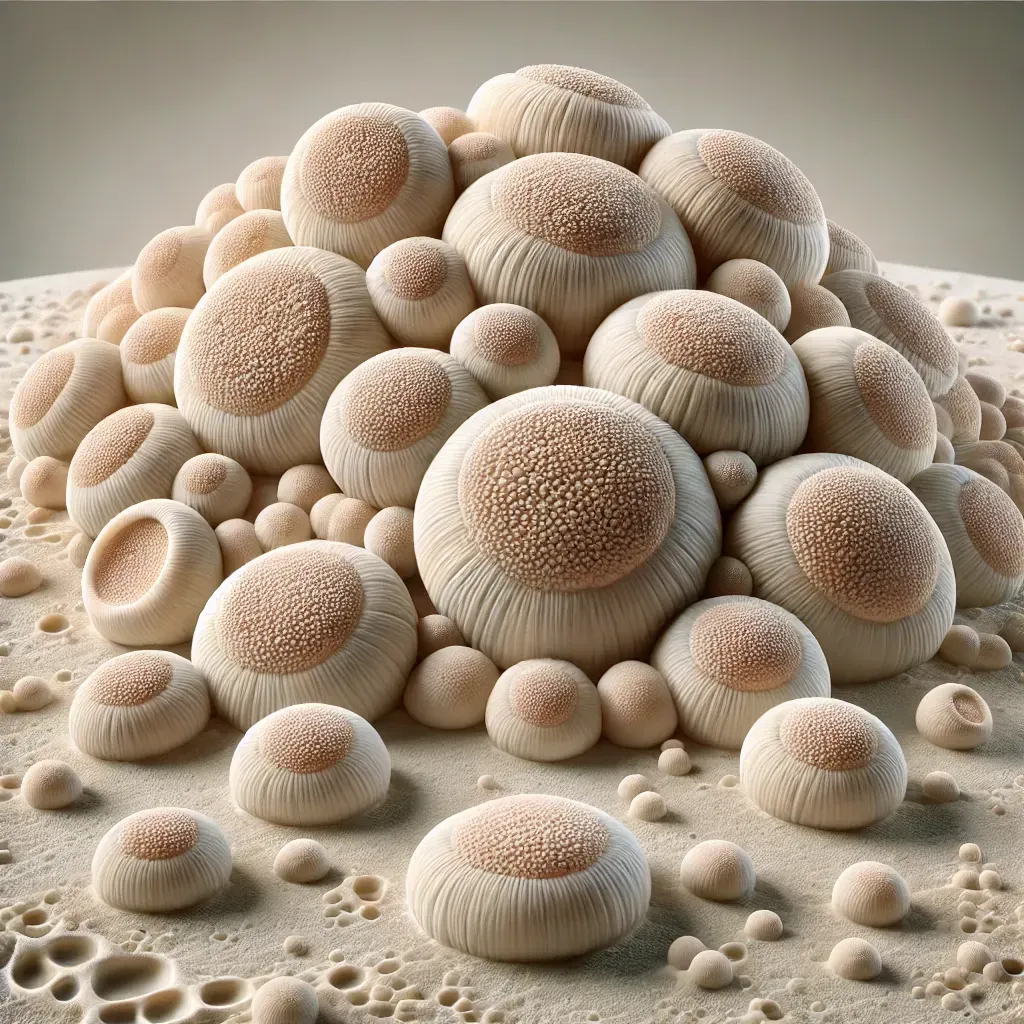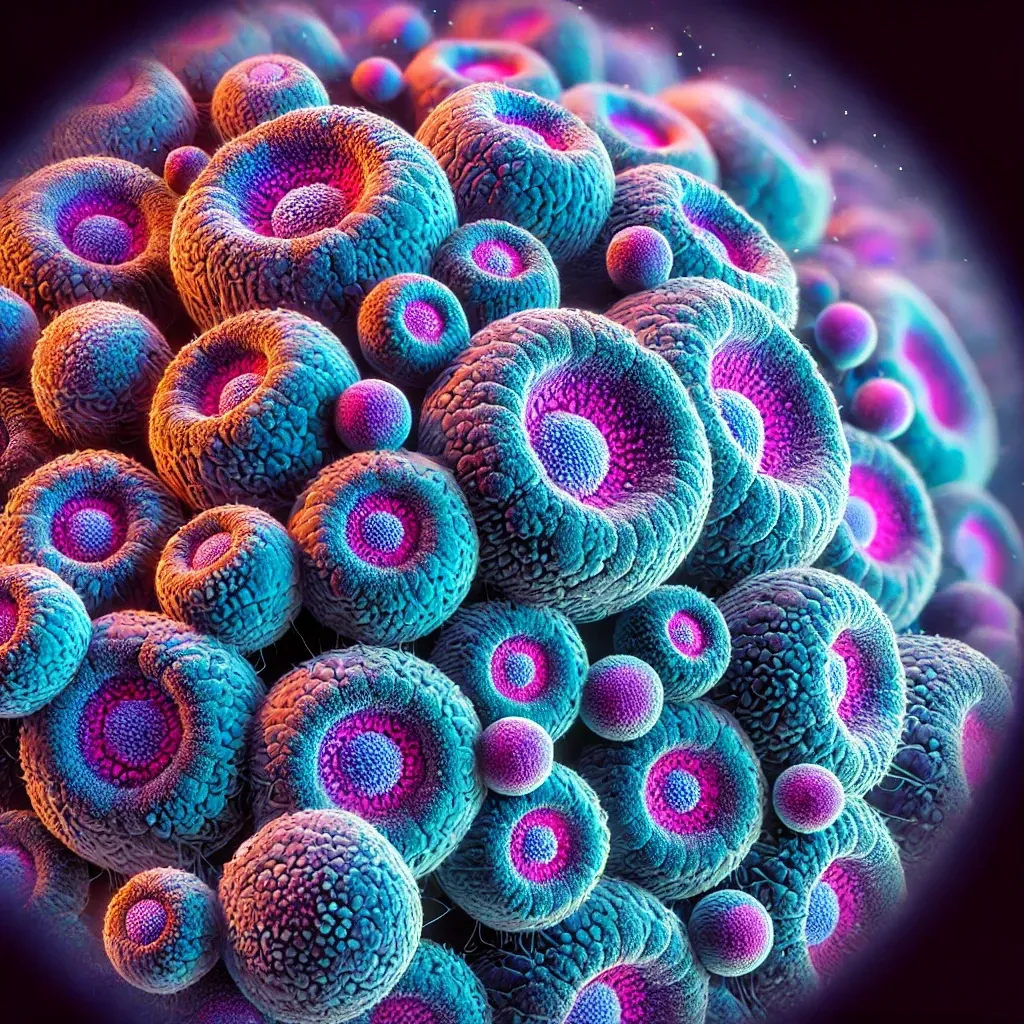Anxiety and Your Gut
Not to Stress You Out but......
Most of us know that when you’re hungry, you don’t have as much energy, and simple cognitive or physical tasks can seem difficult. But this connection runs far deeper than just communicating hunger and lack of energy. You know that funny feeling in your gut when you start to get nervous about something? Or how you might feel “sick to your stomach” about a big presentation coming up at work? Stress can directly impact the health of your gastrointestinal tract, which can lead to a whole host of other issues throughout your body.
Anxiety is perceived emotional stress. All stress, big or small, has an effect on the body. Some stress is very temporary, like being late for a meeting. The body understands how to handle temporary stress properly. Other stress, like divorce or the death of a loved one, can cause long-lasting effects that the body is not necessarily equipped to control. An article from Harvard Health Publishing at Harvard Medical School put it this way: “Stress (or depression or other psychological factors) can affect movement and contractions of the GI tract, make inflammation worse, or perhaps make you more susceptible to infection” [1]. The more you worry about something, the greater these symptoms are compounded.
Emotional stress can play all kinds of tricks on the body—many starting in the GI tract. Symptoms can include heartburn, abdominal cramps, loose stool, or constipation. What’s even more interesting? The connection between your stress and your GI tract is actually a conversation, not just a one-way message. If you are experiencing gut issues, that can lead to more stress, just as stress can lead to gut issues. It is an intimate and cyclical system.
The science behind it:
When the body is stressed, higher amounts of cortisol are released. Cortisol is a steroid hormone produced in the adrenal glands. The more stress, the harder the adrenals work to keep up. With continued over-working of the adrenal system, the resilience of the body’s cells, tissues and organs begins to break down. Because of this, the body’s longer-term capacity to respond to these changes (metabolic reserve) becomes hindered [2]. All of this leads to an overactive adrenal system, which can turn into HPA-D, formerly known as adrenal fatigue. HPA-D is often a precursor to and a symptom of many different issues, including gastrointestinal disorders. In short, chronic emotional stress can manifest physical conditions.
So what can you do about it?
Just relax. Easier said than done, right? However, this is the main idea. If you want to feel healthy again, you will have to make some changes in your lifestyle and nutrition. Whether it’s meditating for ten minutes a day, keeping a strict bedtime, or cutting out gluten from your diet, there are small things you can do that will make a difference.
If you’re sick of feeling sick to your stomach, try seeking out a functional nutritionist. Everybody is different, and should be treated individually—that is the basis of functional medicine. Whatever is causing your stress is important. We’ll look at all the areas of your life, and help you reduce stress, heal your HPA-D or your gut, and live balanced.
The key to controlling the HPA axis is diet, exercise and lifestyle habits. If you are experiencing any of the issues above, PLEASE reach out to me. Sign up for a 20-minute Health Discovery Session for $49
and we’ll get you started on a path toward better health today
https://www.health.harvard.edu/diseases-and-conditions/the-gut-brain-connection
https://kresserinstitute.com/adrenal-fatigue-hpa-axis-dysregulation/
Don't Miss Out!

Heidi Toy Functional Medicine Blog

Omega-3 and Omega-6 are considered “essential” fatty acids because they cannot be produced by the body--we get them from the food we eat. They are biologically active upon ingestion, which means the body utilizes them right away and cannot store them up for later. They are essential because they help with both inflammatory and anti-inflammatory responses.

One of the reasons fad diets often fail is because they are not sustainable. The other reason is because they usually harm different systems in the body as much as they are meant to help. As with all health issues, when it comes to diet, everything should be in moderation. The following five diet points all involve TOO much of a “good thing”:




















































































